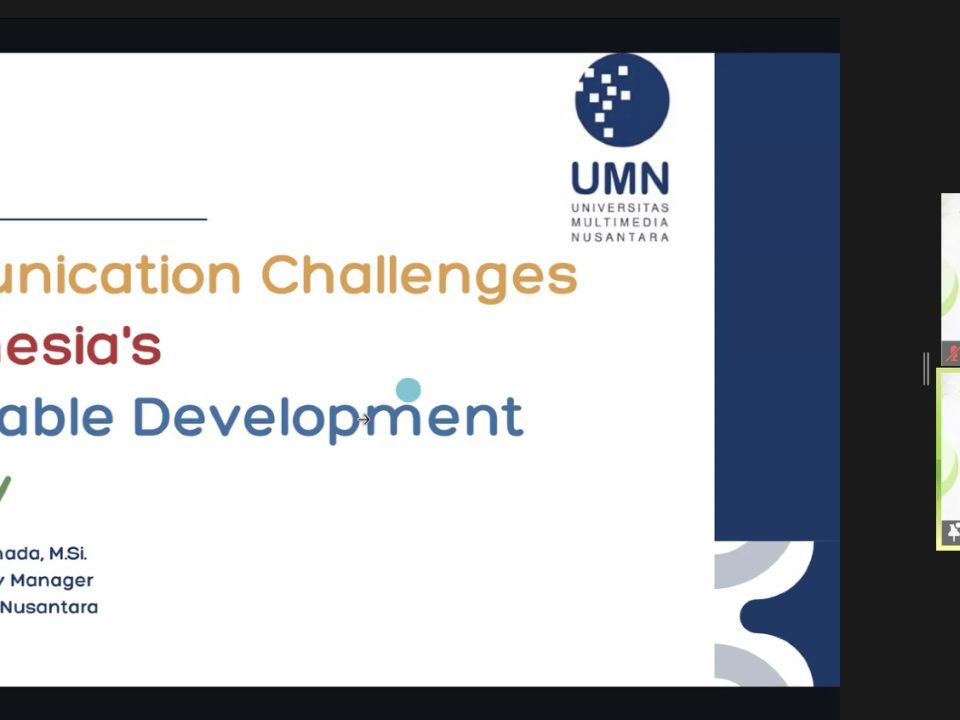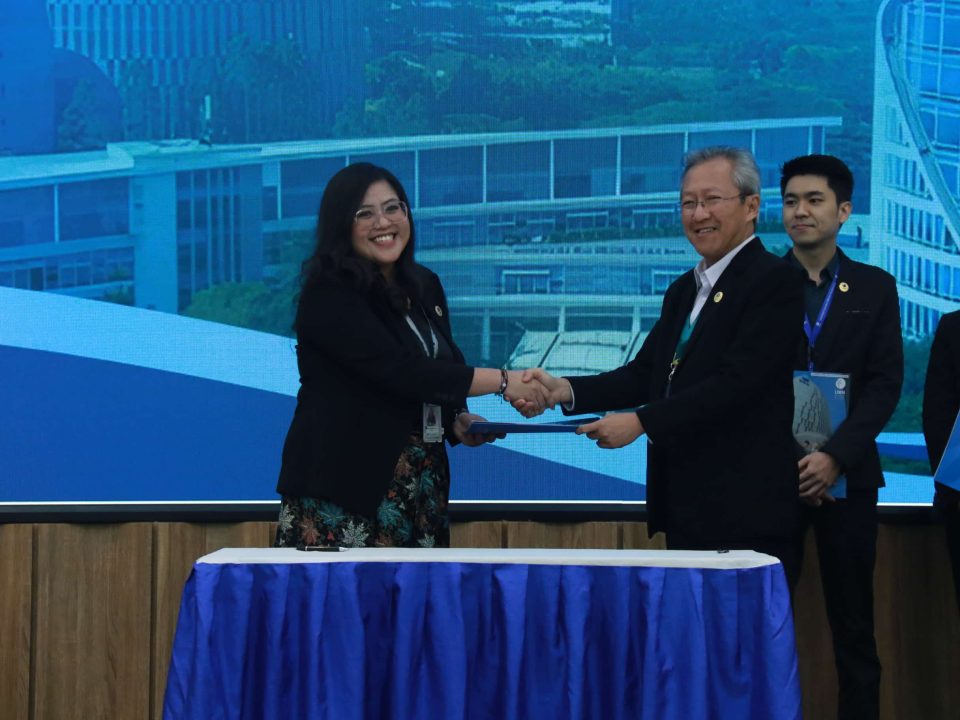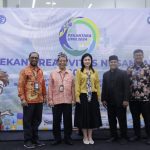
UMN Archipelago Creativity Week 2024
December 14, 2024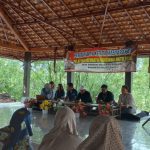
UMN Holds Sharing Session on Smart Farming in Bandung Village
December 23, 2024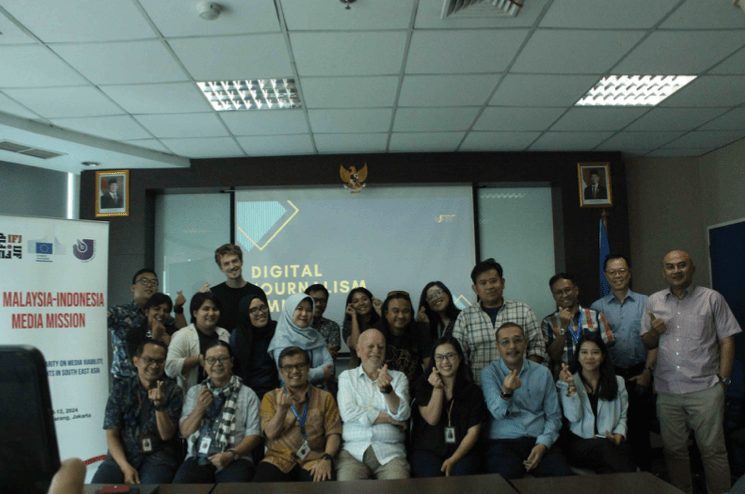
Group photo of the Indonesian and Malaysian journalistic alliance. (Doc. UMN Marketing Communications)
Tangerang – On Wednesday (11/12/2024), The Universitas Multimedia Nusantara (UMN) Faculty of Communication hosts the meeting of the Indonesian and Malaysian Journalistic Alliance. Various representatives from each party attended the meeting to discuss attracting young Indonesians to be interested in journalism again.
Starting the discussion, Jim Nollan, an Australian barrister and legal adviser pro bono to the International Federation of Journalists (Asia Pacific), talked about the Electronic Information and Transactions (ITE) Law controversy back in 2023. The International Federation of Journalists (IFJ) and the Alliance of Independent Journalists (AJI) Indonesia campaigned against it as it is an oppressive law that can lead to terrible impact.
“I remember the minister at the time saying that there is nothing to worry about here. It’s just designed to deal with e-commerce. We said this has got nothing to do with e-commerce; it’s an oppressive and anti-freedom of speech law,” Jim said. He then shared the case of a woman called Prita, who got sent to jail because of a blog post. AJI got involved, and campaigns were conducted.
Other representatives then continued to share what they do, their take on different societal issues their countries face, and how the press plays a vital role in raising awareness of the problems.
Samiaji Bintang Nusantara S.T., M.A., the Head of the UMN Digital Journalism Department, then introduced the UMN Digital Journalism major and a problem he believes the Indonesian journalism industry is facing.
“The digital era has brought certain changes. This department (journalism) used to be very popular, with around 100-200 students. However, the number how has stagnated and declined as the media landscape is also in decline,” Samiaji said.
The existence of journalists is essential, and without a successor, the Indonesian journalistic industry will not be able to continue and develop. Hence, to attract young journalists, the UMN Digital Journalism Department tries to transform the curriculum and add new courses by adopting elements of technology like digital data journalism, social media, digital media business, and generative artificial intelligence.
The UMN Digital Journalism Department then discussed with the Indonesian and Malaysian Journalistic Alliance the attempt to attract young journalists and the future of journalism in Indonesia.
Various topics were discussed, from the transformation of digital media, editorial independence, campus journalism, empowering female journalists, safety and ethics in reporting, and reflecting student experiences in journalism.
The discussion and exchange of ideas between various highly experienced practitioners can provide valuable ideas on how the UMN Digital Journalism Department can develop.
UMN also hopes that the representatives who attended the meeting could someday become guest lecturers and educate the UMN Digital Journalism students. UMN wants students to have an international mindset and be updated with global issues and trends. Inviting practitioners in the journalistic industry can help students be updated on global journalistic trends.
By Levina Chrestella Theodora
English translation by Levina Chrestella Theodora
Kuliah di Jakarta untuk jurusan program studi Informatika| Sistem Informasi | Teknik Komputer | Teknik Elektro | Teknik Fisika | Akuntansi | Manajemen| Komunikasi Strategis | Jurnalistik | Desain Komunikasi Visual | Film dan Animasi | Arsitektur | D3 Perhotelan , di Universitas Multimedia Nusantara. www.umn.ac.id

